Kronos Putters
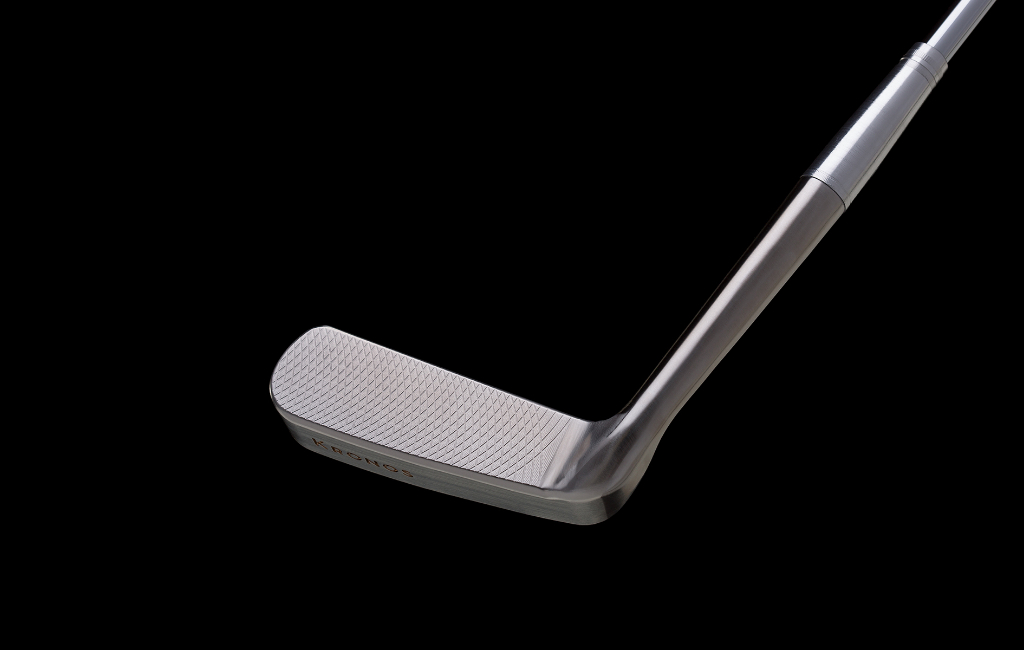

DEAL
EPISODE SUMMARY

Asking For:
$150,000 for 15%
Investor:
Robert Herjavec
Deal:
$150,000 for 30%
PRODUCT SUMMARY
Kronos Golf is an indie putter company that meticulously mills putters down to 1/1,000th of an inch for perfect balance, aiming to provide golfers with more consistent putting.
WATCH HERE
IN A RUSH?
Click these to jump to the section you want to read.
Background Story
Kronos Golf, led by Eric Williams, the Creative Director, and Phillip Lapuz, the Founder and Designer, is an indie putter company with a unique story rooted in passion and determination. While the specific location of the company isn’t mentioned in the provided transcript, the founders emphasize their significant sales presence in Japan. Phillip Lapuz’s motivation to start Kronos Golf is deeply personal. Engaged to a woman living in Japan, Phillip faced the challenge of gaining approval from her conservative parents due to his entrepreneurial pursuit.
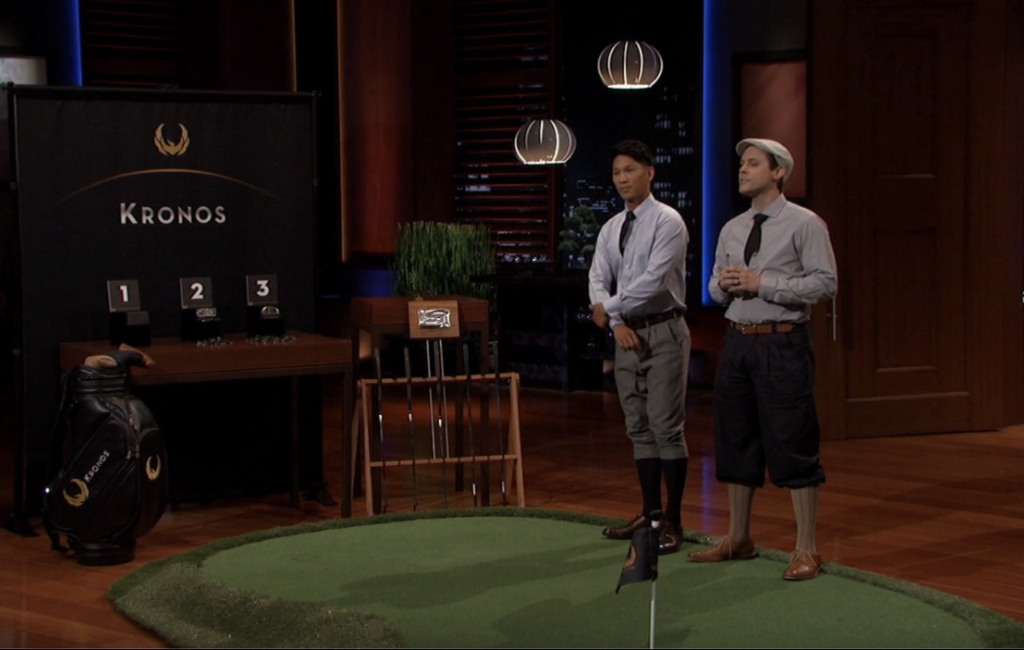
The cultural difference between the U.S. and Japan became evident as the founders highlighted the appreciation for craftsmanship in Japan, where their meticulously milled putters were better received. Eric Williams, with a background as a Creative Director, brings a creative and strategic perspective to the company. Together, they presented Kronos Golf as a venture aiming to revive the golden age of golf, where the simplicity and elegance of their putters harken back to a bygone era. Their belief is that golfers often overlook the importance of practice and skill, seeking technological solutions instead.
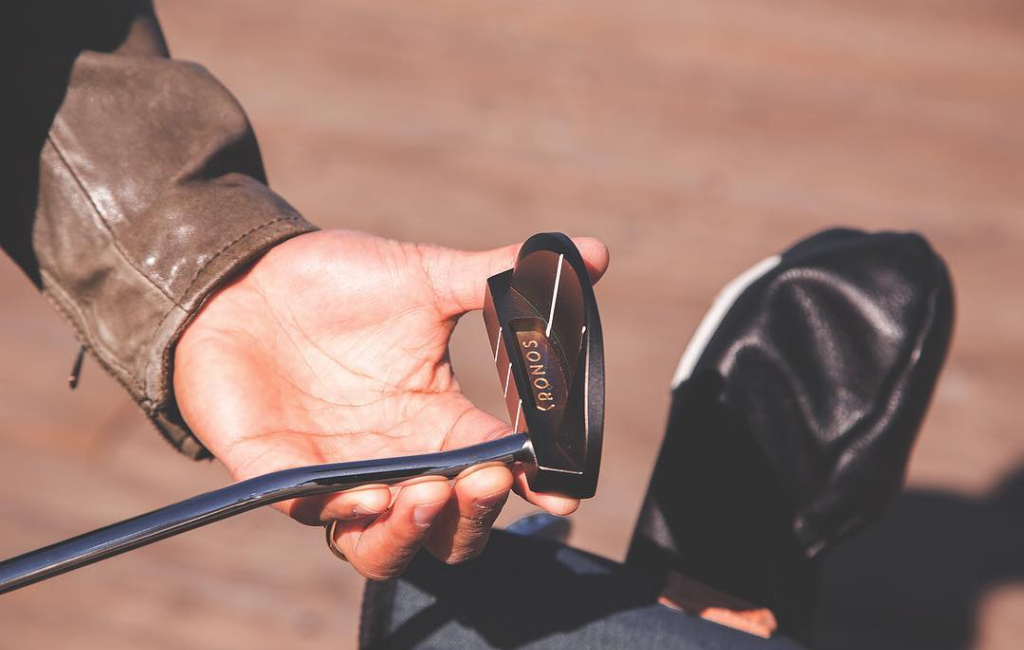
The founders argue that Kronos Golf’s putters, crafted with precision and balance, offer a return to the fundamentals of the sport. The background story also touches upon the challenges faced by the founders, especially in the U.S. market, where the approval of professional players is considered crucial. Despite encountering distribution issues stateside, the founders secured distribution in Japan and Scotland, where the craftsmanship of their putters resonated with the golfing community. The pursuit of their dream and the desire to bridge the gap between traditional craftsmanship and modern golfing needs serve as the driving force behind Kronos Golf.
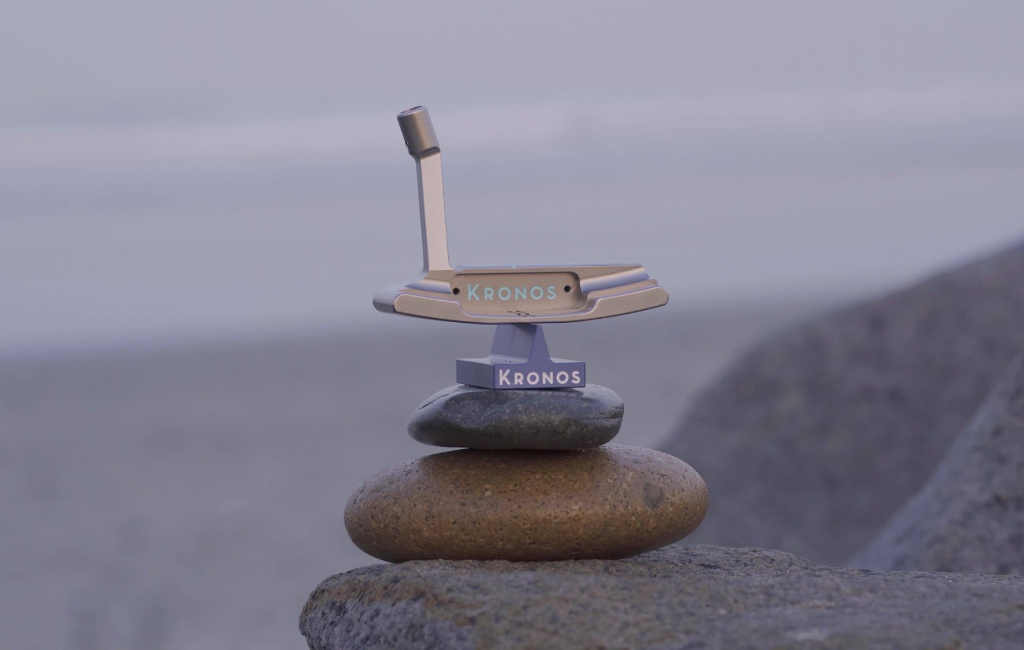
The Product
Kronos Golf’s flagship product is their meticulously crafted putters, presented as the epitome of precision and balance in the world of golf. The putters undergo an intricate process, starting from a solid block of steel. Through a meticulous milling process that takes over two hours, each putter is transformed from a raw block to a finely milled and refined state.
The slow and labor-intensive manufacturing ensures the perfect balance of the putters, with an impressive precision of 1/1,000th of an inch. The founders emphasize the use of solid steel, highlighting its durability and superior performance. The subsequent hand-working process includes delicate de-burning, polishing, and painting, all executed to preserve the critical balance achieved during milling.
Kronos Golf promotes their putters as a means to enhance golfers’ consistency in putting, acknowledging that while no putter can magically make someone a better player overnight, their product contributes to improved performance. They stress the importance of putting in golf, attributing half of a golfer’s shots to this aspect.
The product is positioned as a premium offering, with the cheapest putter in their lineup priced at $500. Distribution has been challenging, especially in the U.S., where the founders highlight the market’s reliance on professional player endorsements. Kronos Golf aims to convey the elegance and simplicity of their putters, referencing older times in golf, and presents them as a premium choice for those who appreciate craftsmanship and are willing to invest in a high-quality golfing experience.
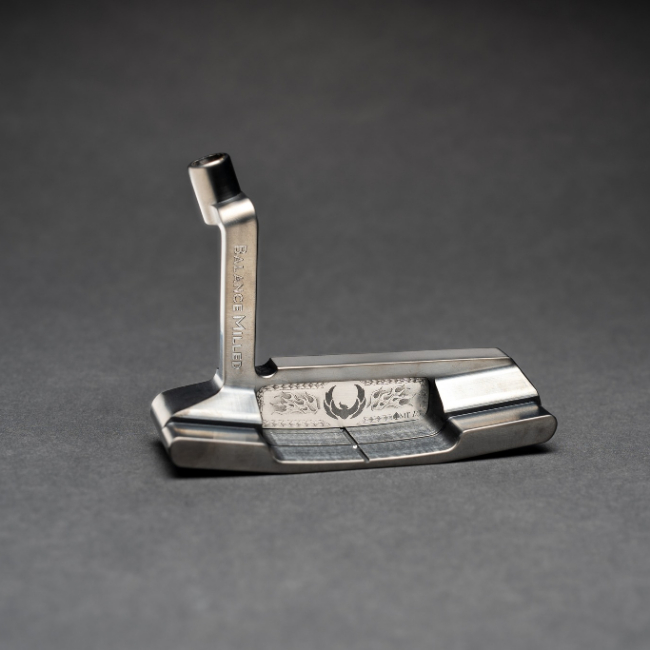
How It Went
The company’s position before Shark Tank
Kronos Golf’s performance as of the provided transcript indicates a mixed scenario. While the company reported year-to-date sales of $260,000, a significant portion, 95%, originated from Japan. This suggests a robust presence and appreciation for their meticulously crafted putters in the Japanese market. However, the challenge lies in penetrating the U.S. market, where they have struggled to gain attention despite having secured distribution in other locations like Japan and Scotland. The founders mentioned facing difficulties in the U.S. due to the prevalent belief that golf product approval from professional players is essential for success.
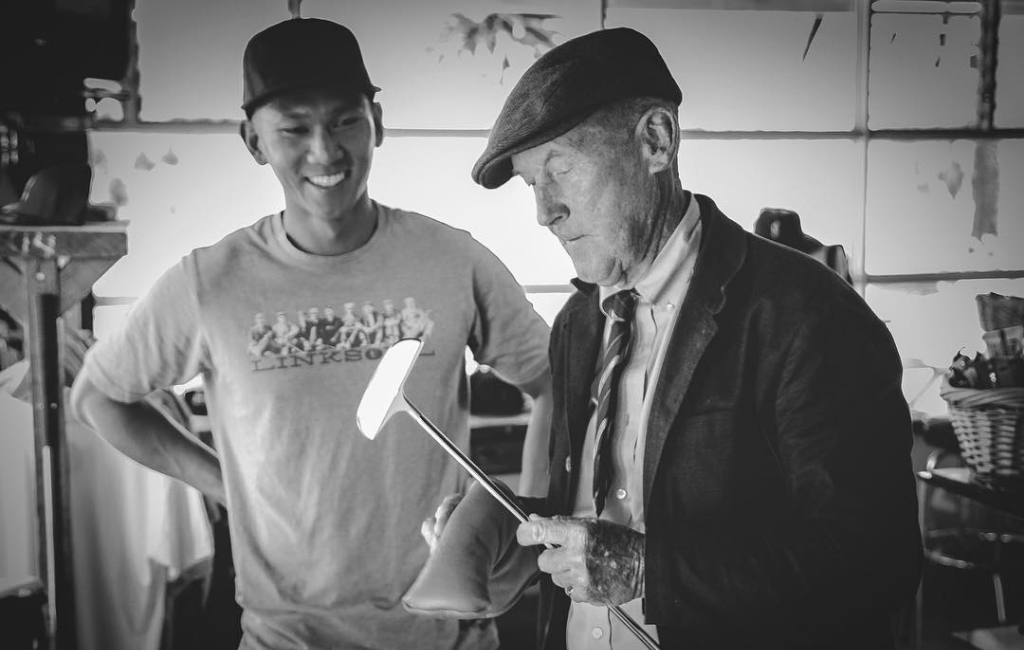
They disclosed their sales strategy, mentioning a two-year-old effort to secure distribution in the U.S., but with limited success, highlighting the perceived need for approval from pro players. As for funding, the founders disclosed that they haven’t raised any external capital and have invested approximately $100,000 of their own funds. This indicates a self-funded approach to date, with the founders dedicating personal resources to drive the company forward. However, the founders mentioned securing distribution in Japan and Scotland, suggesting partnerships in these regions.

The challenge of getting their putters into pro shops in the U.S. was discussed, indicating potential partnerships with golf retail establishments. The company’s financial health and structure remain somewhat opaque, with a focus on the founders’ personal investment. The company’s structure, such as its organizational hierarchy, team size, and internal operations, is not explicitly detailed in the episode. Therefore, while Kronos Golf shows promise in certain markets, further information is needed to assess the comprehensive health and structure of the company.
The Negotiations:
The negotiations for Kronos Golf on Shark Tank witnessed a rollercoaster of emotions and strategic decisions. After a compelling pitch by Eric Williams and Phillip Lapuz, Mark Cuban was the first to bow out, citing his disinterest in golf. Following suit, other Sharks exited the deal, leaving the founders with a lone offer from Kevin O’Leary. However, emotions took center stage when Phillip shared a deeply personal story about his engagement to a woman in Japan and the challenges he faced due to her parents’ disapproval of his entrepreneurial venture. This revelation moved Lori Greiner, who initially offered $150,000 for a 35% stake.
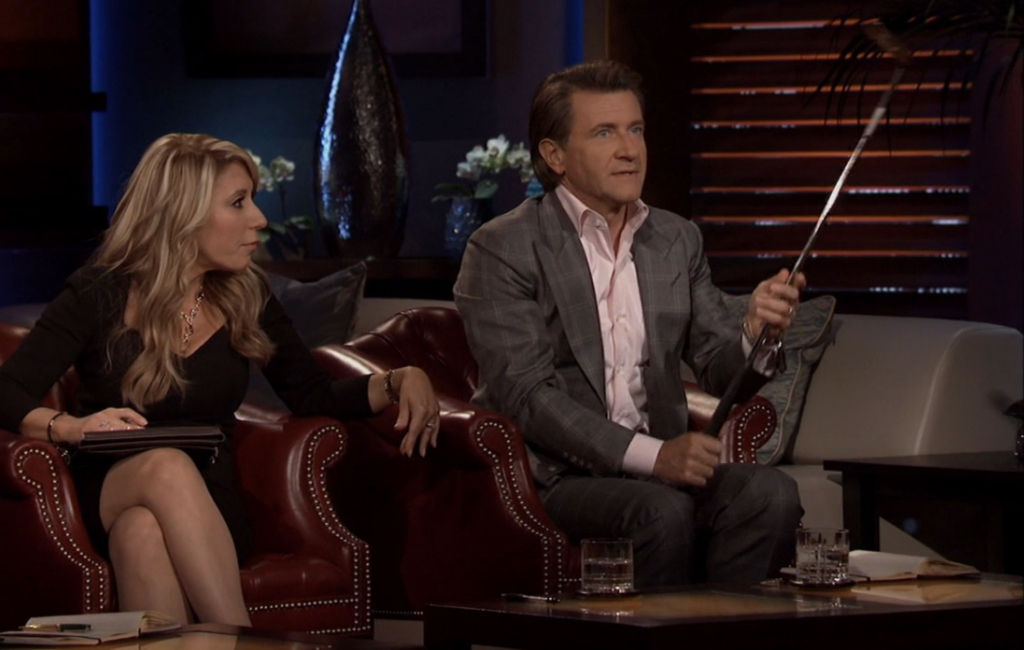
The negotiation dynamics shifted when the founders counteroffered at 30%, leading to a brief consultation in Japanese. They returned with a revised offer, accepting Lori’s $150,000 investment for a 30% stake. However, in a surprising turn of events, Robert Herjavec stepped in and matched Lori’s offer of $150,000 for a 30% stake.
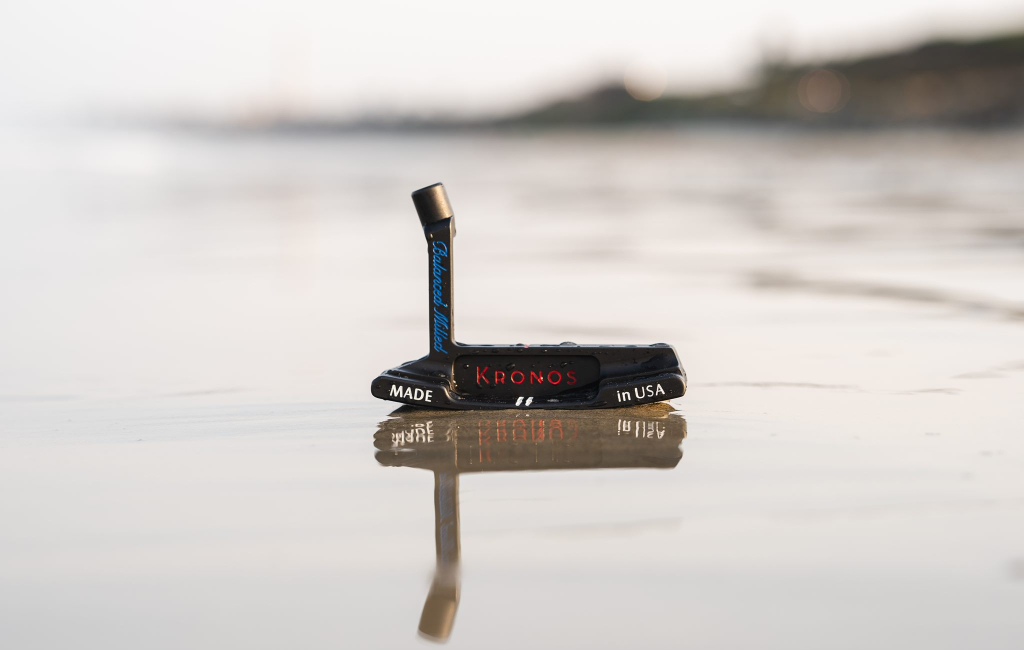
This marked a pivotal moment in the negotiation process, as Robert Herjavec became the chosen shark partner for Kronos Golf. The emotional resonance of Phillip’s personal story played a crucial role in shaping the negotiation. The engagement with the Sharks showcased the intersection of personal conviction, emotional storytelling, and a strategic business decision that resulted in a successful partnership between Kronos Golf and Robert Herjavec.







